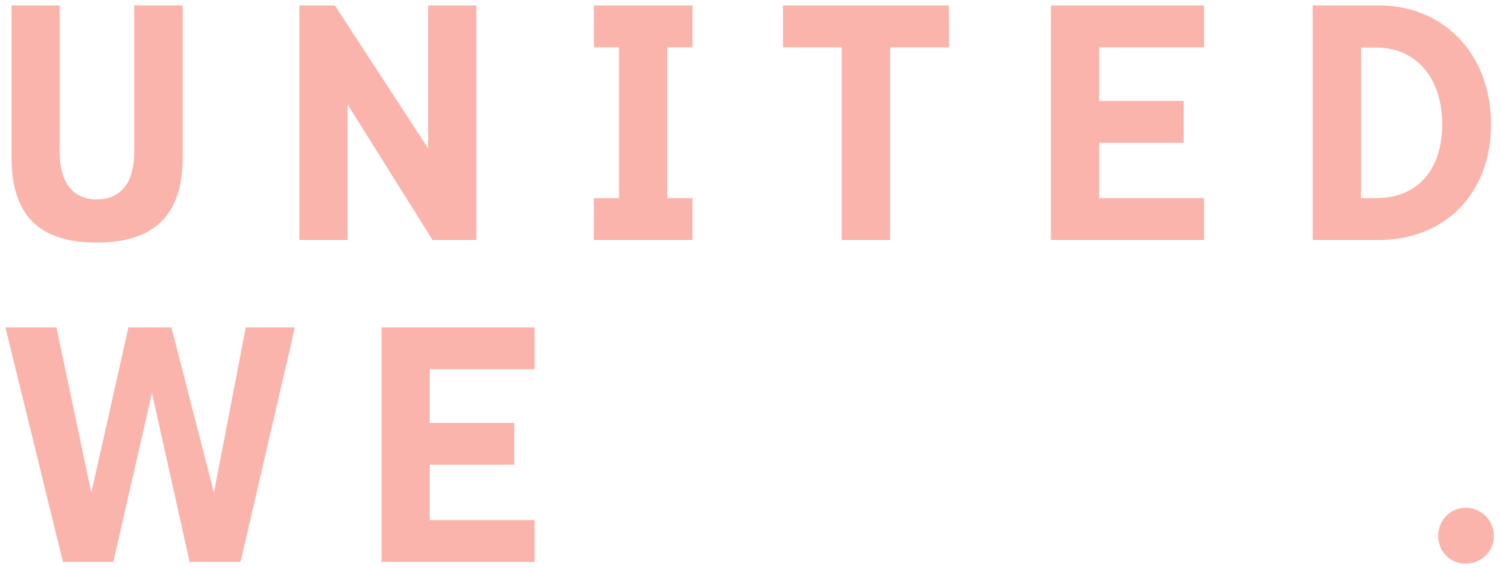Report Identifies Impact and Barriers of Certain Regulations for Women Entrepreneurs
Kansas City, MO -- During Global Entrepreneur Week, Women’s Foundation released findings in a new research report: Occupational Licensing and Women Entrepreneurs in Missouri. The research study was conducted in partnership with the University of Missouri Truman School Institute of Public Policy and with the generous support of the Ewing Marion Kauffman Foundation. It found that occupational licensing, while intended to protect the safety and well-being of the public, can often create unnecessary barriers for women entrepreneurs by restricting entry and re-entry into professions, reducing employment, and creating economic inequity. This research shows removing these barriers will meet one of Women’s Foundation’s key goals of empowering more women to become entrepreneurs.
Missouri has 40 occupational licensing boards and commissions that regulate 55 professions. Approximately 133 occupational licensing board or commission members are serving expired terms and more than 38 board seats are currently vacant. There are many professions that have outdated, excessive, or overly bureaucratic requirements for licensure. Issues include the lack of reciprocity among state licensures.
The report includes potential policy solutions for reforming occupational licensing including instituting sunrise provisions with cost-benefit analyses and sunset provisions requiring periodic reviews to determine if necessary. Policy changes could be made by proposed legislation and changes in state law, as well as administrative rule changes and board policies.
The report also suggests providing mentoring to women entrepreneurs and placing more women on Missouri’s 200 boards and commissions with support from programs like Women's Foundation's Appointments Project. Missouri currently has an estimated 1,300 board and commission vacancies or individuals serving expired terms.
The full report is available here. A fact sheet summarizing the report is here.
"This research shows that there are some unnecessary and outdated regulations that make it harder for women to become entrepreneurs," said Wendy Doyle, President & CEO of Women's Foundation. "We'll be working towards common sense solutions so that more women are empowered to open businesses, improving the economic status of their families and communities."
"Women-owned businesses provide valuable services to consumers, create opportunities for women, expand markets, and add economic and social value to the community," said Emily Johnson of the MU Institute of Public Policy. "Our findings point to practical ways we can reduce barriers to increase opportunities for entrepreneurship."
“Starting a business can be one of the best ways to become economically independent,” said Jason Wiens, Policy Director at the Ewing Marion Kauffman Foundation. “We need to remove barriers to new business creation so that more Missourians, especially women, can become entrepreneurs.”
"Best practices in licensing can allow Missouri’s economy to continue to innovate and grow," said Katie Steele Danner, Director of Missouri Division of Professional Registration. "By working with groups such as Women’s Foundation, the Ewing Marion Kauffman Foundation, and the University of Missouri Institute of Public Policy, policy makers can promote economic growth, innovation, competition, and job creation."
Previous research has shown that occupational licensing can discourage innovations in licensed industries and hinder economic mobility, especially for low-income potential entrepreneurs. Many occupations require that an individual spend months or even years satisfying educational or apprenticing benchmarks. This new research delves further into the impact in Missouri, identifying opportunities to remove barriers so that more women can open businesses.
Women’s Foundation promotes equity and opportunity for women of all ages, using research, philanthropy, and policy solutions to make meaningful change. More information about the organization can be found at www.Womens-Foundation.org.
###

